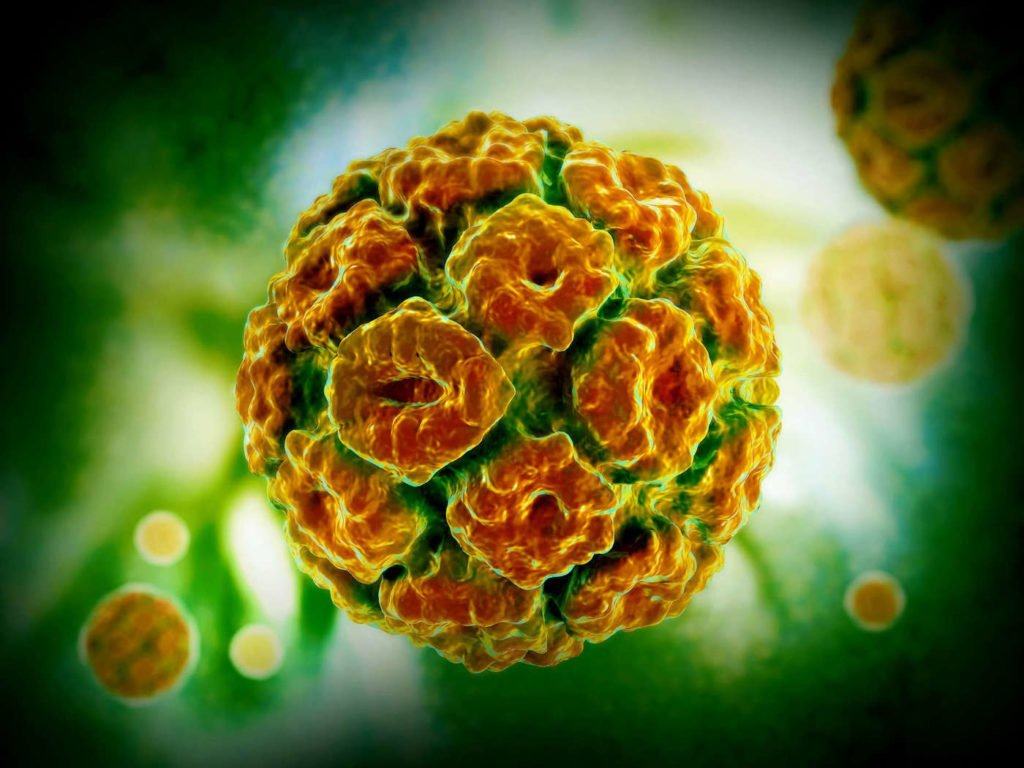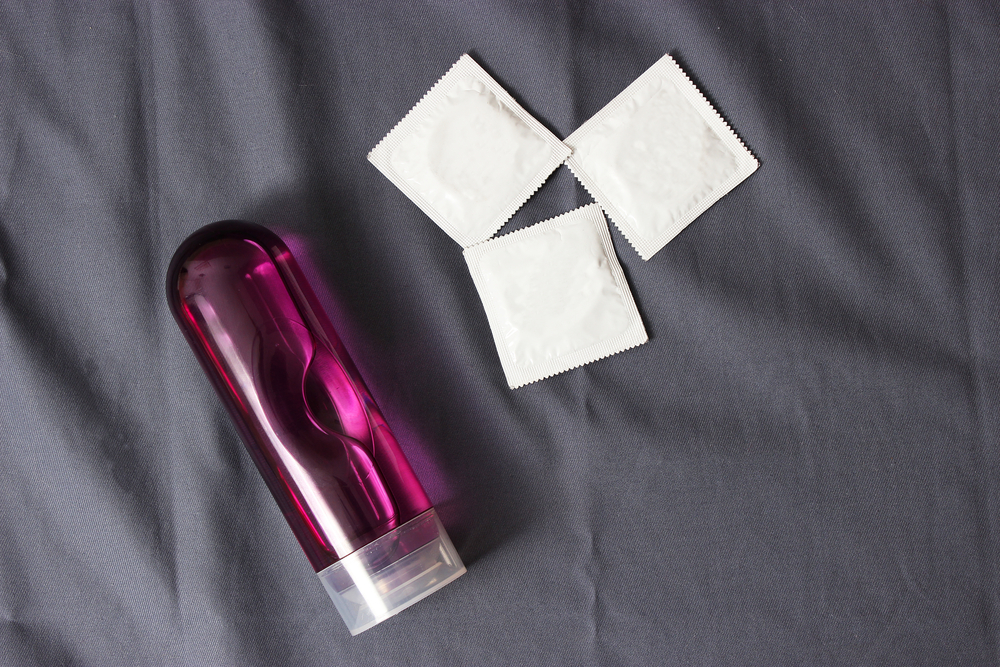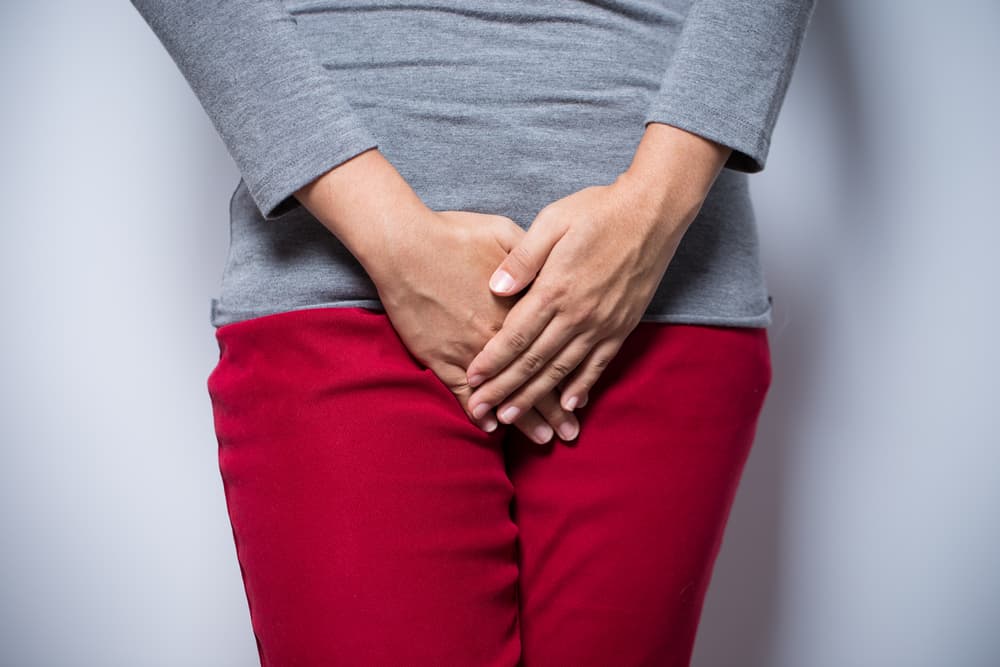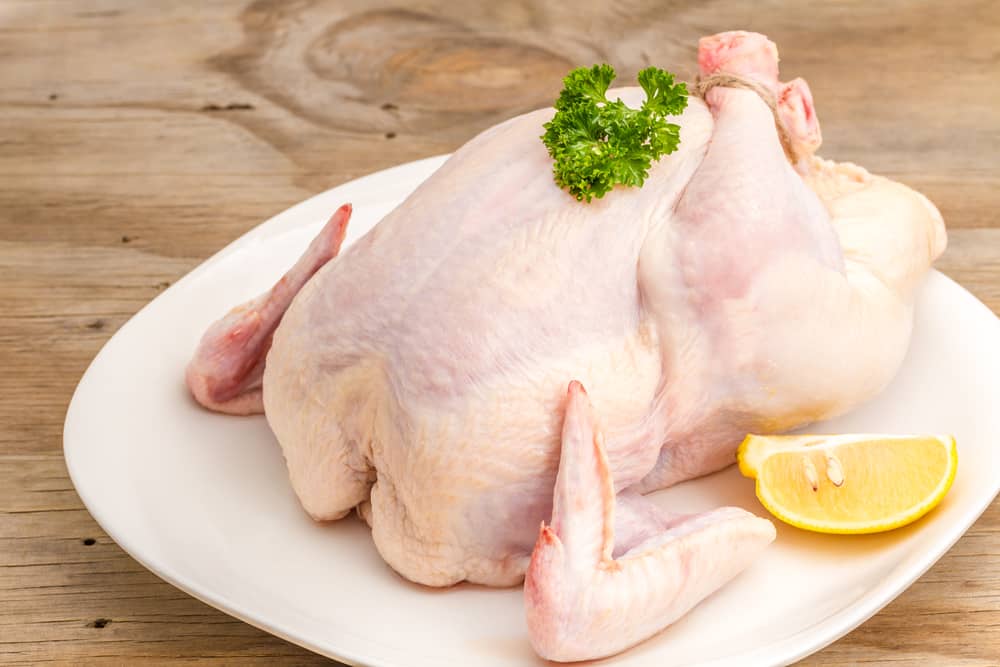Contents:
- Medical Video: Is Fasting Healthy?
- Can people with high blood pressure and low blood pressure fast?
- Can you use an inhaler for asthma while fasting?
- Can blood transfusion when fasting?
- Can you take injections when fasting?
- Can you use drops when fasting?
- Can fasting while on dialysis?
- Does infusion cancel fasting?
- Can fasting cause severe dehydration until I have to cancel?
- I am on routine medication, can I fast?
- I am breastfeeding, can I fast?
Medical Video: Is Fasting Healthy?
The procedure for fasting for Ramadan and what cancels it may already be known by most Muslims, but over time, of course there are many new things that did not exist before, especially in the health sector, which is still not widely known how to implement it in Ramadan. The following is a collection of questions about fasting and health that are often asked in the month of Ramadan.
Can people with high blood pressure and low blood pressure fast?
People with controlled high blood pressure may fast, as long as there are no complications from the disease. The doctor may need to adjust the treatment so that it can still be consumed during Ramadan. People with low blood pressure who do not have any complaints are also allowed to fast, but doctors will recommend consuming enough water and salt.
Can you use an inhaler for asthma while fasting?
Some religious leaders differ on the use of inhalers. The inhaler is considered null because the inhaler causes the entry of the drug into the lungs. Those who think the inhaler does not cancel is because the inhaler will evaporate and will not enter the stomach like food or drink. Discuss further with your doctor about using an inhaler for asthma treatment.
Can blood transfusion when fasting?
Recipients of blood transfusions are not advised to fast, because usually there are medical conditions that accompany the recipient of the transfusion. It is permissible to fast again if not receiving a transfusion. Donating blood can also cancel fasting.
Can you take injections when fasting?
Taking a tablet can cancel fasting, but administration of the drug through the injection route, especially intradermal or intramuscular injections, patches, does not cancel the fast because it is considered that the drugs are not food or drink.
Can you use drops when fasting?
Eye and ear drops are considered not to cancel fasting because it does not enter the stomach, while nose drops can cancel fasting when it reaches the esophagus and stomach.
Can fasting while on dialysis?
People with kidney failure and need dialysis (dialysis) are allowed not to fast. Dialysis is usually done three times a week and causes significant changes to the body's fluid and electrolytes. These patients may not fast and pay their fasting debts later
Does infusion cancel fasting?
Infusion fluid can cancel fasting, because in principle the infusion functions as a substitute for body fluids or food, thus canceling fasting.
Can fasting cause severe dehydration until I have to cancel?
Yes, you can get dehydrated while fasting, especially if you consume less fluids before fasting, which is aggravated by hot weather or excessive physical activity. If you feel dizzy or disoriented, faint from thirst, or produce a little urine or don't even urinate at all, then treat it with water immediately, because this can endanger health.
I am on routine medication, can I fast?
If these drugs have to be eaten during the day, it is permissible not to fast. If drugs are used for short-term treatment, then do not need to fast and replace fasting on another day. Whereas if the treatment is for the long term, discuss with your doctor about changes in dosage and frequency of treatment during fasting. Some diseases such as diabetes or high blood pressure can be adjusted according to the eating schedule when fasting, namely at the time of dawn and breaking the fast.
Other diseases such as tuberculosis, the schedule for taking the medicine is divided into two, namely at dawn, and the rest after breaking the fast. In people with AIDS, the dosage of medicine three times per day can be changed to twice a day, two doses. In essence, if the disease can be controlled and the treatment schedule can be adjusted, the patient is allowed to fast, whereas if it is not controlled, or unstable, it is permissible not to fast and replace it on another day.
I am breastfeeding, can I fast?
Just like pregnant women, mothers who are breastfeeding their children are allowed not to fast and replace it later, because it is feared fasting can interfere with maternal and child health.












